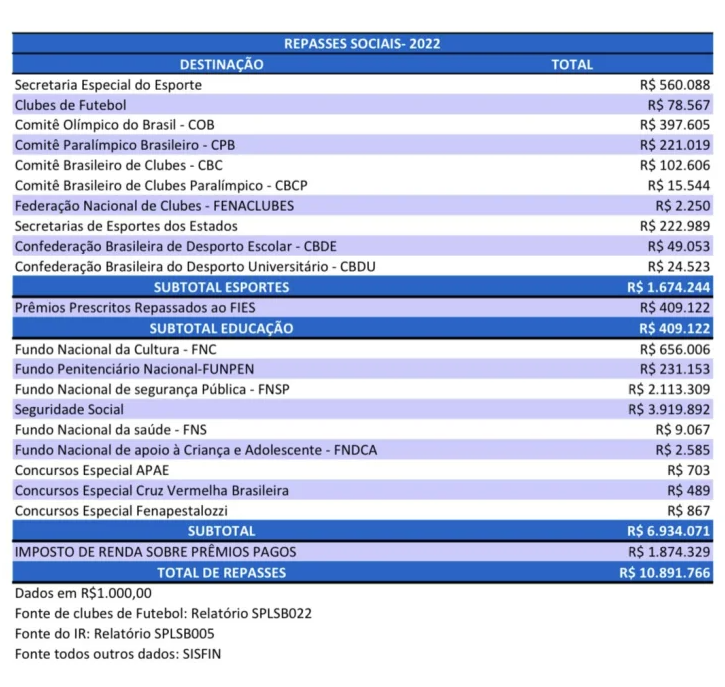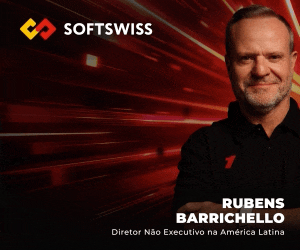A potential change in the management of Caixa Econômica Federal lotteries is generating controversy. The employee representative on the institution’s Administrative Council (CA), Antônio Messias Rios Bastos, revisited this issue in a recent video published on his Instagram.
In it, Bastos raises concerns about a possible maneuver by Caixa’s board of directors to transfer the management of lotteries from the institution’s vice-presidency to subsidiary companies.
After the release of the video, investigations carried out by the Brasília Capital portal team, under conditions of source secrecy, revealed that Caixa’s Board of Directors called an urgent meeting to discuss this issue.
The central agenda would be the transformation of the Lottery sector into a subsidiary of Caixa.

Justifications and concerns
The bank’s management claims that this measure is necessary to maintain competitiveness in the competitive market, in addition to enabling operations in the sports betting segment, since the legislation requires a specific CNAE for such activity.
However, this proposal raises concerns. Antônio Messias Rios Bastos, in his video, highlights that the idea of privatizing Caixa lottery games is not new.
Still being considered during the Temer government, however, being revived now, under the government of the current president, Lula. The transfer to subsidiary companies would be an initial step to facilitate an eventual privatization, according to Bastos.
Caixa Econômica Federal collections and social impact
Currently, 40% of Caixa’s lottery proceeds are directed back to society, in support of various funds.
Bastos expresses concern about the possible loss of jobs both within Caixa and at lottery outlets, if this change takes place.
Furthermore, society could lose the benefits arising from the transfers, which total more than R$11 billion annually.

Caixa allocates significant amounts to Social Security, the Special Secretariat for Sports, the Brazilian Paralympic Committee, Fies and the National Public Security Fund, among others.
Bastos ends his video by questioning the lack of debate on the topic in the Caixa Administrative Council.
He expresses perplexity at the speed with which the institution’s management acted, setting the matter for an immediate decision, without prior debate with society and public bank employees.















